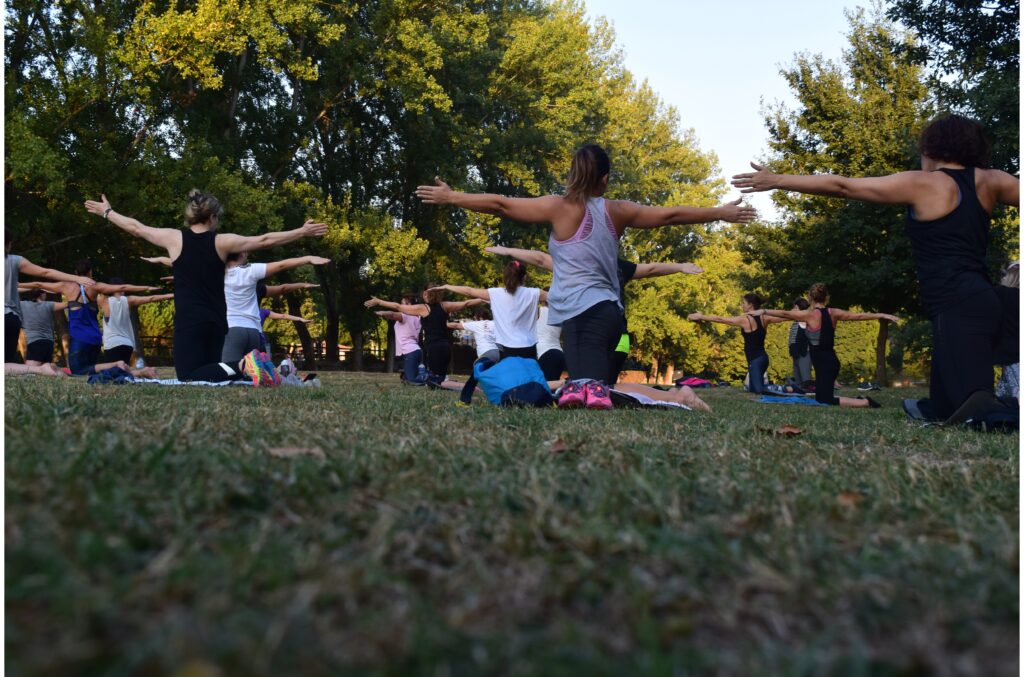
Struggling to switch off at the end of the day? If you have tried every sleep remedy under the sun and still can’t seem to doze off, it may be because you’re eating the wrong foods before bed.
By making a simple switch to certain food and drinks, you can enjoy quality sleep without any fuss.
Top tips we recommend for eating before bed include:
- Avoid eating late at night, as your body will be converting food into energy.
- Pay attention to portion control, as large portions can disrupt digestion.
- Avoid stimulants, such as sugars or caffeine, as they will keep you up at night.
- Eat something before your body starts to wind down. Going to bed on an empty stomach drops blood sugar levels and interferes with the body’s ability to sleep well.
Take a look at how you can improve your circadian rhythm with the best and worst foods for sleep.
Five worst foods for sleep
The old adage “you are what you eat” is a familiar one, but did you know that what you eat can also impact your quality of sleep?
To make sure you are eating the right things before bed, try to keep the following foods at bay.
1. Chocolate
High levels of caffeine in chocolate make it a poor choice for late-night snacking. During the latter stages of sleep, caffeine consumption can cause rapid eye movement (REM) to occur more frequently, which is why you’re more likely to feel groggy the morning after the night before.
Other foods and drinks containing caffeine, such as coffee, tea, and energy drinks should also be avoided four to six hours before sleep.
2. Cheese
While cheese is generally considered a comfort food, it is actually one of the worst foods to eat before bed.
Strong or aged cheese, as well as preserved meats such as bacon, ham and pepperoni, contains naturally high levels of the amino acid, tyramine, which make us feel alert. Tyramine causes the adrenal gland to release the ‘fight or flight’ hormone, which increases alertness for a number of hours.
3. Curry
Spicy food, such as curries, hot sauce and mustard, contain high levels of capsaicin. This chemical elevates body temperature by interfering with the body’s thermoregulation process, which, in turn, disrupts sleep. Add this to the high levels of energy required to digest the spices, and you can kiss goodbye to a deep sleep.
Spicy foods are just one of a number of foods which are known for having a negative effect on sleep. Other foods, especially those which are high in fat and carbohydrates, should be.
4. Ice cream
We all know that consuming too much sugar can have a negative impact on our health, but did you know it can also affect our sleep?
Sugary foods, such as ice-cream and sweets, send blood sugar levels spiking at first, which then crash whilst you are asleep. A crash in blood sugar alerts the adrenals that there is an emergency, which, in turn, increases cortisol levels, and wakes the body from slumber.
5. Crisps
Too much salt dehydrates the body and increases water retention, causing tiredness and fatigue.
A study at the European Society of Endocrinology found that salty foods, such as crisps and salted nuts, were some of the worst foods to eat before bed as they contributed to disrupted – or “superficial” – sleep. Experts recommend staying away from salty foods at least two to three hours before bed if you need a good sleep.
Five best foods for sleep
While there are plenty of foods you should avoid before bed, there are many which can actually help you sleep.
Try these melatonin-promoting foods if you are in need of a good night’s sleep.
1. Cherries
Cherries are known for being one of the best foods for sleep as they naturally contain melatonin. Snacking on cherries or drinking cherry juice can help promote longer, deeper sleep.
2. Raw honey
Honey stimulates melatonin and shuts off orexin in the body: the neuropeptide that makes us feel sharp and alert. A mug of hot water, lemon and honey is a great evening drink for soothing the body and inducing sleep.
3. Bananas
Bananas are a great food all-round, but if you usually eat a banana for breakfast, you might want to think about enjoying this exotic fruit before bed instead.
They are one of the best foods for sleep, due to their high levels of magnesium which relax the muscles and calm the body. Try sliced banana with a tablespoon of natural nut butter before bed if you seek a good night’s sleep.
4. Turkey
Not only is turkey is an excellent source of protein, it’s also great at encouraging sleepiness. This is because turkey is high in tryptophan: an essential amino acid that acts as a natural mood regulator.
Tryptophan also calms the body, balances hormones and fights anxiety, which all help with inducing sleep. Brown rice, fish and yoghurt also contain high levels of this calming amino acid, making these some of the best foods for sleep.
5. Almonds
Just like bananas, almonds are a food you need to eat for good sleep as they contain high amounts of muscle-relaxing magnesium.
Magnesium is great for regulating our blood sugar as we sleep, which means the body naturally switches from its adrenaline cycle to what is known as the “rest and digest” cycle.

Recent Comments